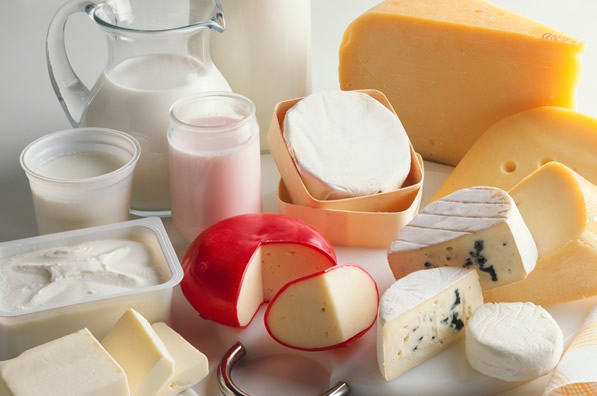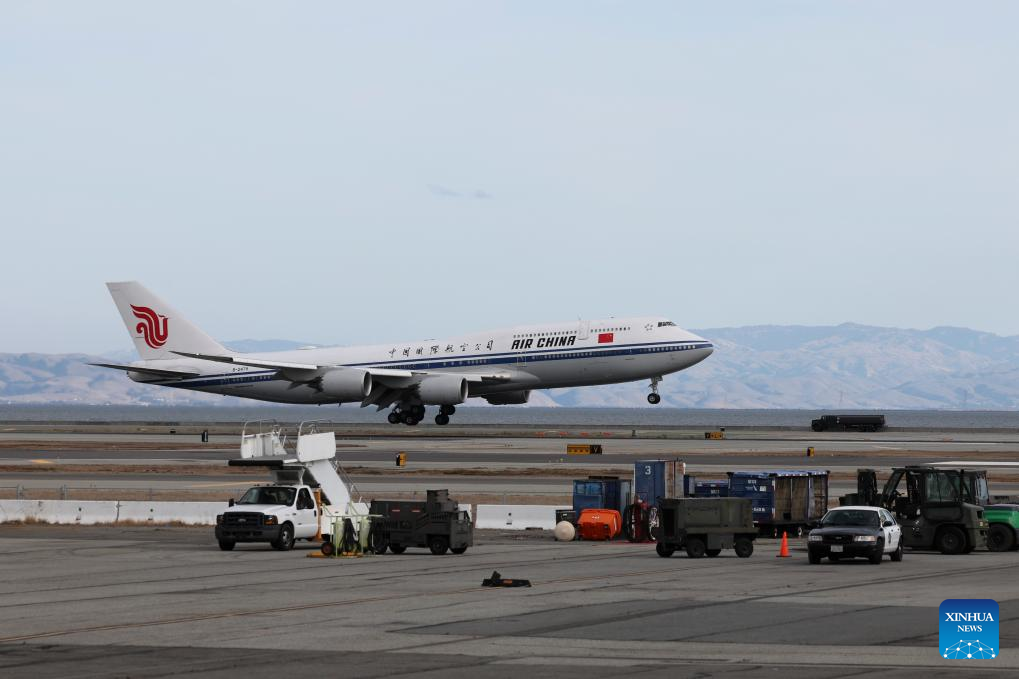The General Administration of Customs of China (GACC) has recently announced updated inspection and quarantine requirements for imported Pakistani dairy products. As of November 6, China permits the import of Pakistani dairy items meeting specified criteria, ushering in fresh opportunities for value-added dairy products from Pakistan.
This development aligns with the focus on agriculture and poverty alleviation in the phase-II of the China-Pakistan Economic Corridor. The inclusion of dairy and meat products signals a significant step toward fostering economic development and generating employment opportunities in Pakistan.
China and Pakistan’s longstanding collaboration in developing the dairy industry has seen progress, notably in the production of high milk-yielding cows. In 2022, the Royal Group of China established a laboratory in Lahore dedicated to developing buffalo embryos of elite animals.
Beyond the Buffalo Embryos Laboratory Project, the Royal Group envisions the deep processing of buffalo milk, including the production of milk powder, cheese, fresh milk, and more. This initiative aims not only to enhance the value of milk products in Pakistan but also to create numerous job opportunities for locals, as per company sources.
According to the GACC’s announcement, the range of milk products allowed for export to China includes items made from cow’s or camel’s milk. This encompasses milk powder, whey powder, whey protein powder, colostrum powder, sterilized milk, fermented milk, cheese and processed cheese, thin cream, butter, and anhydrous cream, among others.
In a joint press statement on October 20, Pakistan and China highlighted the signing of protocols for the export of heated beef and dried chili from Pakistan to China. Additionally, they discussed the approval of quarantine access for Pakistani fresh cherries and reached an agreement on the export of Pakistani dairy products and animal hides to China this year.
The Islamabad Chamber of Commerce & Industry underscores the crucial role of Pakistan’s dairy sector in the national economy, being the 5th largest milk producer globally. However, due to a lack of modern technology, over 95 percent of the produced milk remains unprocessed, resulting in a significant economic loss.
With the newfound opportunity to export dairy products to China, Pakistan anticipates expanding its market presence and witnessing economic growth. Simultaneously, China benefits by meeting its rising demand for high-quality dairy products and providing a broader range of options for consumers.

















